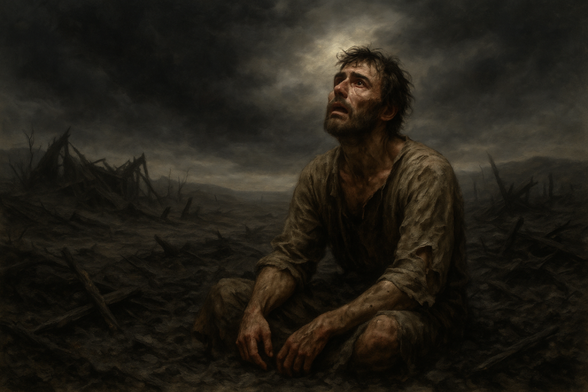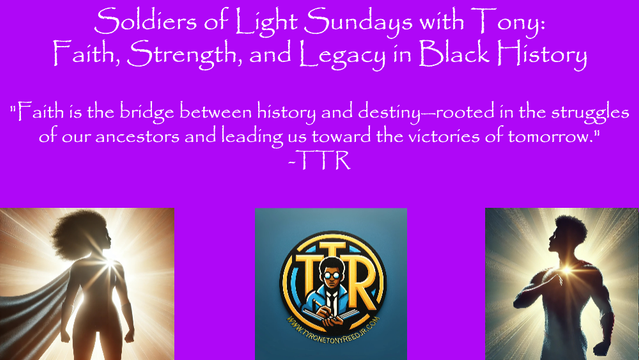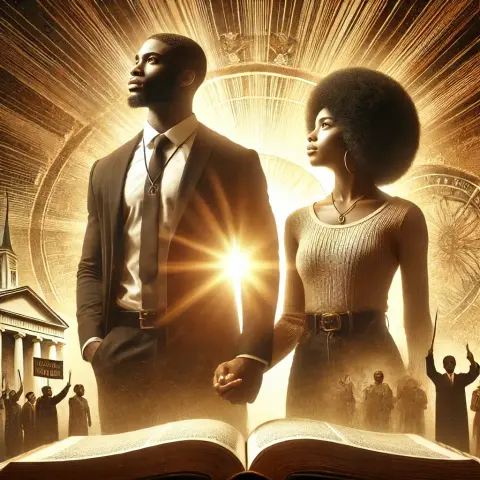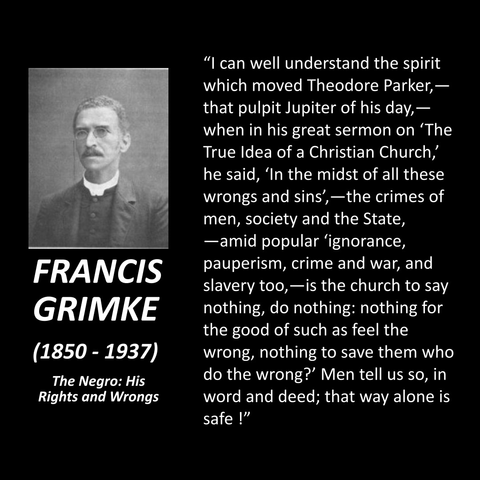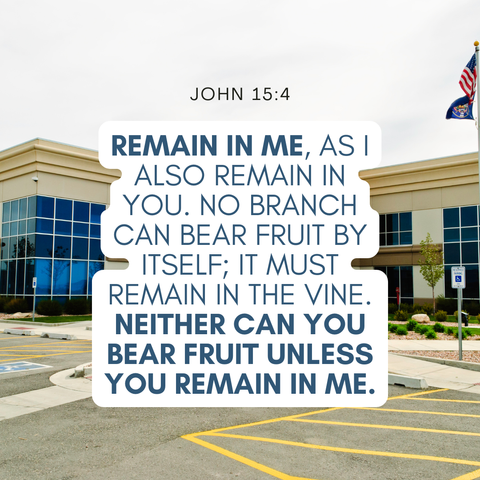I Had It All… Until I Lost Everything: One Man’s Journey Through Darkness
1,998 words, 11 minutes read time.
I wasn’t always this way, sitting here alone, a shadow of who I used to be. Once, I had everything — everything a man could dream of. I had wealth, land, cattle that stretched as far as the eye could see. My children, ten of them, were my joy, and I had a beautiful wife who stood by my side. People respected me. I was known as the man who walked upright, who did right by his family, his workers, and his community. I lived in peace, and I thought it would last forever.
I thought I had earned my place. I thought my faith, my good deeds, my sacrifices — they all protected me from the storms that wrecked the lives of others. How foolish I was. I believed that if I stayed true to my values, if I honored God with my actions, I would be safe from harm. I believed I had a deal with the universe — do good, and good would follow. But life, as I would soon learn, doesn’t work that way.
One day, the messengers came. They came one after another, each with worse news than the last. The first told me that my oxen and donkeys were stolen by raiders, and my servants were killed. Before I could even process that, another arrived, speaking of fire from heaven that had consumed my sheep and the men who tended them. Then the next brought word that my camels had been taken by another raiding party, and again, more servants had died. And just when I thought it couldn’t get worse, the final messenger arrived with a look of horror on his face.
“Your children,” he said, choking on his words. “Your children were in your eldest son’s house. A mighty wind came and collapsed the roof. They’re gone, all of them.”
And just like that, everything I had worked for, everything I had loved, was taken from me. All at once. In the blink of an eye.
I didn’t know what to do. I didn’t know how to process it. I fell to the ground. I tore my clothes, shaved my head, and sat in the ashes. The pain was unbearable, but I couldn’t escape it. It was as if the whole world had turned its back on me. I could hear my wife’s voice, her anguish, but I couldn’t even lift my head. She spoke words I couldn’t fully grasp at the time. “Curse God and die,” she said. What else was there to say, after all? I couldn’t blame her. My life, my existence, had been destroyed.
But even in that moment, a part of me — a small part, buried under the weight of my grief — refused to let go. Something deep inside told me that God, despite everything, was still in control. I might not understand why this was happening, but I couldn’t turn my back on the one who had once blessed me so abundantly.
The days turned into weeks, then months. The suffering grew deeper. As I sat in the dust, day after day, my body was ravaged by sores, large and oozing, festering under the heat of the sun. I had no comfort. My friends — those who had once looked up to me — now came to visit me. They called me their “friend,” but they came with a judgmental air. They too had their theories, their beliefs about why this had happened to me.
“You must have sinned,” said Eliphaz, one of the older men. His voice was filled with an air of certainty, as though he knew the answers. “God does not punish the righteous. You must have done something wrong. You are reaping what you have sown.”
I tried to defend myself, to tell them that I had not sinned in the way they believed. But they wouldn’t listen. The accusations kept coming — from Eliphaz, from Bildad, from Zophar. Each of them pointing to my “hidden sin,” and demanding I confess what I had done wrong. They could not understand that this was not the result of something I had done, but a trial that I was being forced to endure.
But what could I say? What could I tell them that would make them understand? Their words stung, but they also began to shake something in me. Doubt. The question began to creep into my mind: “What if they’re right? What if I have missed something? What if I have been blind to my own fault?” Perhaps I had been so proud, so convinced of my own righteousness, that I had failed to see my own flaws. After all, no one could be perfect. Not even me.
As the days wore on, the self-doubt began to gnaw at my spirit. I could feel it, like a disease spreading from within, from the deepest recesses of my soul. I wanted to scream at my friends to leave me alone, to stop accusing me. But I didn’t. I sat in silence, stewing in my pain, my confusion. The silence was unbearable, but so were the words of my friends.
“Tell me, Job,” Eliphaz pressed one day, “why would God punish you if you are truly innocent? Think about it. We all know that suffering follows sin. God is just, and He would not bring such destruction on an upright man.”
His words hit like a hammer. Were they right? Was I truly just fooling myself? Had I spent my whole life building a false image of righteousness? I tried to reason with myself, to say, “I haven’t done anything wrong,” but deep down, the question remained: Why was this happening to me? Was I being punished for something I didn’t understand? Did I have hidden sins that even I wasn’t aware of? Was I truly as righteous as I thought I was?
It was as if the pain wasn’t just physical but spiritual, a gnawing hunger for an answer that never came.
Then, there was the moment that would break me. One evening, sitting in the darkness of my despair, I heard my wife’s voice again. She had stood by me all this time, but I could see the cracks in her resolve. The pain had shattered her, and with it, her faith.
“Do you still hold on to your integrity?” she asked, her voice trembling with exhaustion. “Why don’t you just curse God and die? If this is what life is, if this is all that God has for us, then what is the point? What are we living for?”
I could hear her despair, but her words cut me like a blade. I wanted to scream back, to say, “I don’t know why, but I can’t let go!” But instead, I just sat in silence. I couldn’t find the words. The pain of losing everything, my wealth, my health, my children, was crushing. But I still had that one fragile hope: that somewhere, somehow, God was still present.
And then, in the midst of my suffering and their accusations, I began to question everything. What was the point of this? What had I done wrong? Were my friends right? Did I deserve this?
I cried out to God, in my pain, in my helplessness, asking for an answer — any answer. I had lost everything, and now I was losing my grip on hope.
That night, as I lay on the ground, broken and battered, I asked God, Why? Not just a superficial, fleeting question, but a desperate, soul-ripping cry. “Why am I suffering like this? What have I done to deserve this?”
And then, in that stillness, God spoke.
It wasn’t a whisper. It wasn’t a gentle voice. It was as if the very heavens shook. It was a voice that reverberated through every part of me — powerful, overwhelming. It was as though everything I had ever known was being undone.
“Who is this that darkens counsel by words without knowledge?” God asked. His words were not angry, but they were piercing. “Where were you when I laid the earth’s foundation? Tell me, if you understand. Who marked off its dimensions? Surely you know!”
I was struck silent. For the first time, I saw how small I was in comparison to the vastness of the Creator. Who was I to question His ways? Who was I to demand answers for things far beyond my understanding? The questions He asked me, they weren’t meant to shame me, but to make me see the great chasm between my finite perspective and His eternal wisdom. My heart sank as I realized how little I knew — how arrogant I had been.
God continued, His voice like thunder, shaking me to the core.
“Have you ever given orders to the morning, or shown the dawn its place? Have you entered the storehouses of the snow or seen the storehouses of the hail, which I reserve for times of trouble, for the day of battle and war?”
I felt the weight of those words. What did I know of the mysteries of creation? What did I understand about the vast, intricate workings of the universe? My mind had been clouded with bitterness and confusion, but now, in the presence of His voice, I saw just how small I was. My suffering, though deep and real, was part of a greater plan — a plan I would never fully understand.
In the face of God’s power and wisdom, I was left speechless. I had demanded answers, but now I saw that the only answer was to trust. Trust that He was in control, even when everything seemed lost. Trust that He knew what I could not possibly comprehend.
And so, I repented. I fell to my knees, not in pride, but in humility. I had questioned God, had demanded that He explain Himself, but now I knew — He did not owe me an explanation. I had seen only a small part of the puzzle, and I had presumed to know the whole picture.
God did not leave me in my brokenness. He restored me — more than I could have ever imagined. My wealth returned, twice as much as I had before. My health was restored, my sores healed, my strength returned. And even in my sorrow, I was blessed with ten more children. My joy was complete, but more importantly, my relationship with God had been renewed.
I had not been left alone in my suffering. God had been with me all along. He had allowed me to go through the fire, but He had never forsaken me. In the depths of my pain, I had found Him, and in finding Him, I had found peace.
I don’t understand everything, but I trust in the One who holds it all. And so, here I am — a man who once had everything, who lost it all, and who has been restored with so much more. Not just in material things, but in the richness of knowing God more deeply than I ever did before. I may never have all the answers, but I know this: God is good. Even when we don’t understand.
D. Bryan King
Sources
- Job 1 (Bible Gateway)
- Book of Job Overview (Bible Study Tools)
- GotQuestions: Who Was Job?
- “Though He Slay Me” Meaning (GotQuestions)
- Desiring God: The Life of Job
- Blue Letter Bible: Job’s Suffering and Faith
- Christianity.com: Summary of the Book of Job
- Bible Hub: Commentary on Job 1
- Ligonier Ministries: God Speaks to Job
- Open Bible: Verses Related to Job’s Life
- The Bible Project: Job (Video Summary)
- Lessons from Job (Patheos)
- Crosswalk: What We Learn from Job
- The Gospel Coalition: The Patience of Job
- Monergism: Job and Endurance
Disclaimer:
The views and opinions expressed in this post are solely those of the author. The information provided is based on personal research, experience, and understanding of the subject matter at the time of writing. Readers should consult relevant experts or authorities for specific guidance related to their unique situations.
Related Posts
- When Life Feels Overwhelming: How God’s Challenges Lead to Greater Strength Date September 22, 2024
- Overcome Any Obstacle: The Powerful Lesson from Peter’s Walk on Water Date July 24, 2024
- How Gratitude Can Transform Your Life During Life’s Toughest Seasons Date March 29, 2025
#biblicalFaithLessons #biblicalStoryOfJob #biblicalSuffering #divineWisdom #faithInDifficultTimes #faithThroughHardship #findingPeaceAfterSuffering #GodAnsweredJob #GodSBlessingsAfterTrials_ #GodSJustice #GodSJusticeAndMercy #GodSPlanForSuffering #GodSPurposeInSuffering #GodSRestoration #healingAfterSuffering #JobSConversationsWithFriends #JobSFaith #JobSFaithInGodSPlan #JobSFaithStory #JobSHardships #JobSJourney #JobSRepentance #JobSRestoration #JobSStory #JobSTrialsAndTriumphs #lessonsFromJob #lessonsFromTheBible #lessonsInSuffering #lifeLessonsFromJob #lossAndGrief #overcomingAdversity #overcomingHardship #patienceThroughTrials #restorationAfterLoss #spiritualGrowthThroughHardship #spiritualLessonsFromJob #strengthInFaith #sufferingAndFaith #sufferingAsATestOfFaith #trialsOfJob #trustInGod #trustingGodSPlan #understandingDivineJustice #whyDoesGodAllowSuffering #wisdomThroughSuffering
